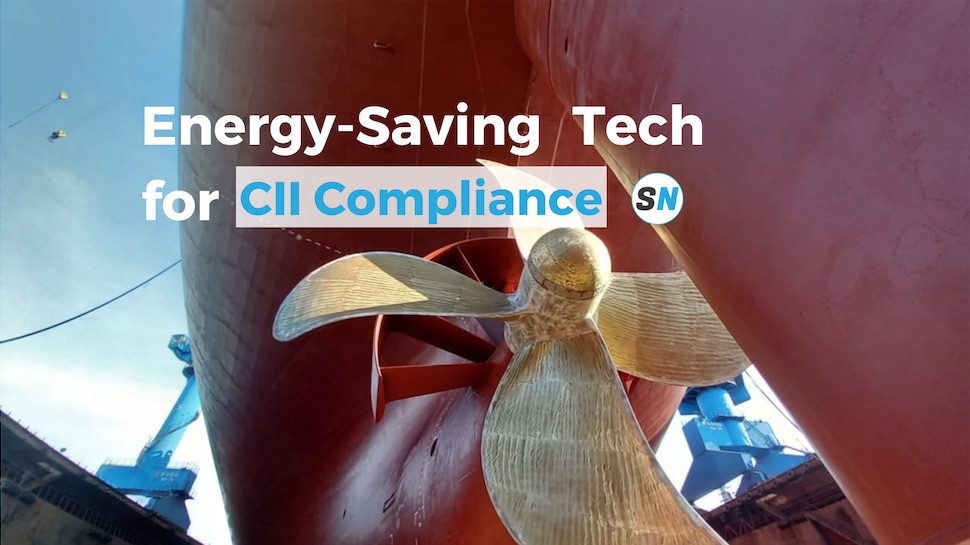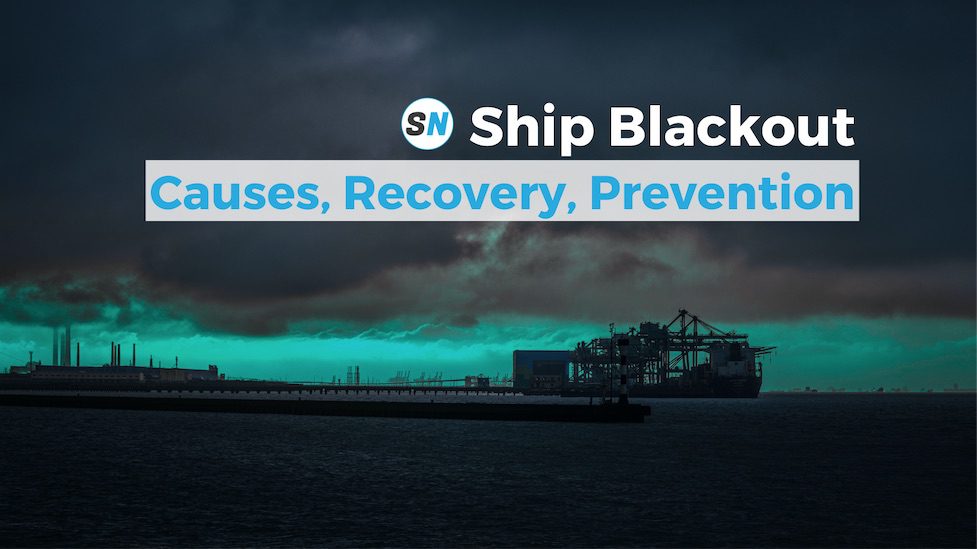28 November 2024
Autonomous shipping and the environmental benefits

The need for action on climate change is becoming increasingly urgent. Hence, the maritime industry could make good use of autonomous shipping technology to support its decarbonization efforts.
So far
The recent United Nations report projected a 90–130% increase in GHG emissions from shipping by 2050. Based on a ‘business-as-usual’ scenario, this prediction contrasts sharply with the IMO’s target to halve maritime emissions by the same year.
Against this background, the industry must act swiftly and decisively to mitigate its environmental impact. Hence, autonomous technology can make a significant contribution to these efforts, says One Sea. Specifically, it is the consortium aiming to establish the first autonomous maritime ecosystem by 2025.
Autonomous Technology Potential
One Sea suggests that an important environmental dividend from autonomous technology will be a result of improved safety.
“Maritime incidents like groundings and collisions, which can have a serious impact on the environment, are often attributed to insufficient situational awareness… By constantly monitoring a vessel’s position in relation to hazards including other ships – and ensuring it maintains a safe distance from these threats – autonomous technologies can help to prevent accidents and thereby protect the environment.”
Eero Lehtovaara, One Sea chair, master mariner and head of regulatory and public affairs at ABB Marine & Ports
Autonomous technology can keep vessels clear of physical hazards. Additionally, it can prevent ships from performing prohibited and potentially harmful actions.
“Solutions deploying geofencing can ensure a vessel takes appropriate measures to minimise its ecological impact, such as adhering to discharge and emissions restrictions in certain locations and avoiding particularly sensitive areas altogether.”
Eero Lehtovaara, One Sea chair, master mariner and head of regulatory and public affairs at ABB Marine & Ports
However, autonomous and automated navigation also benefit the environment by increasing voyage efficiency, he says, in turn contributing to decarbonization. Achieving this by continuously reacting to small changes with small actions rather than intermittently responding to larger changes with more significant actions. This results in reduced emissions for the same cargo volume transported.
Vessel Routing & Speed
In a recently published white paper, The future of Smart Autonomy is here, Wartsila reveals that autonomy solutions can yield fuel savings. In specific, 10% or more on longer voyages by optimizing vessel routing and speed. Meanwhile, on a two-hour voyage, a mere 60-second reduction in docking time can cut fuel consumption by 2-3% per minute.
Just in Time
Autonomy solutions may also maximize fuel efficiency by enabling just-in-time (JIT) ship operations. According to the smart maritime logistics expert and One Sea member Awake.AI.
“The JIT method allows vessels running ahead of schedule to decrease their speed on their approach to port and minimise queuing time… This saves fuel and reduces emissions, which is particularly crucial in busy port areas.”
Karno Tenovuo, co-founder and CEO
JIT arrival has received further endorsement from the Global Industry Alliance to Support Low Carbon Shipping. Note that, a 10% reduction in speed can lead to a 30% decrease in CO2 emissions.
Sustainable Cranes
As a provider of cargo-handling solutions and services, One Sea member Cargotec has a strong drive towards decarbonizing the maritime industry. Cargotec operates through MacGregor and Kalmar business areas. The company developed the world’s first autonomous bulk cranes in collaboration with ESL Shipping. By providing extended service life and reducing vessel turnaround time through optimized load handling, the cranes contribute to sustainable port operations.
Autonomous Shipping Projects
More recently, MacGregor collaborated with Kalmar and fellow One Sea member Kongsberg Maritime. Particularly, on the world’s first autonomous and zero-emissions container ship, Yara Birkeland. Featuring automated mooring from MacGregor, autonomous loading and unloading from Kalmar, and sensor and integration technology from Kongsberg. Together, these systems support the ship’s efficient operations, which dramatically lower emissions by eliminating up to 40,000 lorry journeys annually in a densely populated part of Norway.
The anticipated environmental benefits of the Kongsberg and Cargotec projects align with the assertions and findings of other One Sea members including ABB, Awake.AI, and Wärtsilä. Based on this evidence, autonomous technology could help to ensure that by 2050. The shipping industry has avoided the IMO’s bleak emissions forecast – and instead realized its ambitious reduction target.
Source: OneSea


